
Diversity, equality and inclusion programs have quickly become a topic of debate since President Trump was sworn into office on Jan. 20. What has changed in America’s political climate to cause a debate over decades-old policies? What impact will Trump’s executive orders have on companies and institutions making changes, and what effect do these changes have on hiring in America?
DEI programs can be traced back to the 1960s when The Civil Rights Act was passed in 1964. According to the U.S. Department of Labor, this act “prohibits discrimination on the basis of race, color, religion, sex or national origin.” Since the ‘60s, America has passed more bills and begun to offer DEI programs in the workplace. Examples include the Disabilities Act in 1990 and the Black Lives Matter Movement in 2020, which led to the George Floyd Justice in Policing Act.
On Jan. 22 Trump ended the Biden Administration’s Federal Aviation Administration (FAA) hiring policy. Trump’s fact sheet posted on the White House website stated that this policy “prioritized diversity, equity and inclusion (DEI) over safety and efficiency.” In his Presidential Memorandum, Trump called for FAA employees to be reviewed to ensure that they are promoting flight safety.
Attention began growing on Trump’s statements on DEI policies when he alluded to DEI policies being a factor in the plane crash in D.C. between a passenger plane and an Army Black Hawk helicopter that killed 67 people. When a reporter asked about DEI policies impacting the crash, Trump responded with “It just could have been.” When asked how he could conclude that diversity had an impact on the crash Trump said, “Because I have common sense.”
This plane crash came eight days after Trump signed “Keeping Americans Safe in Aviation” – a Presidential Memorandum that called DEI hiring “illegal and discriminatory.” The memorandum also stated, “[DEI hiring] also penalizes hard-working Americans who want to serve in the FAA but are unable to do so, as they lack a requisite disability or skin color.” These statements combined led some to infer that Trump was implying that disabled individuals, or people of color, were at fault for the plane crash. Virginia senator Tim Kaine stated, “Blaming this on DEI, and, when pressed, he has no evidence to suggest it.”
DEI policies are not just being affected in aviation; Trump’s memorandum has also affected federal employees. According to The Associated Press, 55 Department of Education employees were put on administrative leave because they took a DEI training course. There is no evidence that the federal employees who were impacted by DEI policy contributed to the D.C. plane crash as air traffic control.
Not only was the aviation industry affected by Trump’s DEI changes, but many companies have begun updating their DEI policies, such as Target and Facebook. Target released a statement regarding their “Belonging at the Bullseye Strategy,” a DEI program, stating that they will be “concluding our three-year diversity, equity and inclusion goals. And concluding our Racial Equity Action and Change (REACH) initiatives in 2025 as planned.” Meta, the company who owns Facebook, is also among those changing their DEI policies in cooperation with Trump’s policy.
As of now, not all companies are rejecting their DEI policies. According to Forbes, Apple encouraged shareholders to reject anti-DEI policies. Apple’s policies state, “We’re continuing to create a culture of inclusion, increasing representation across teams, and holding ourselves accountable at every level.”
While DEI policies remain unstable under the beginning weeks of Trump’s presidency, companies are sure to update their policies as Trump’s administration makes tweaks and changes to what should or should not factor into the hiring process. The future for many federal employees and the immediate future of hiring may look different during Trump’s second term as Trump changes the Biden Administration’s policy. While Trump continues to advocate for fair and legal hiring, many may be put on temporary leave during investigations to ensure that their hirings align with Trump’s policy.


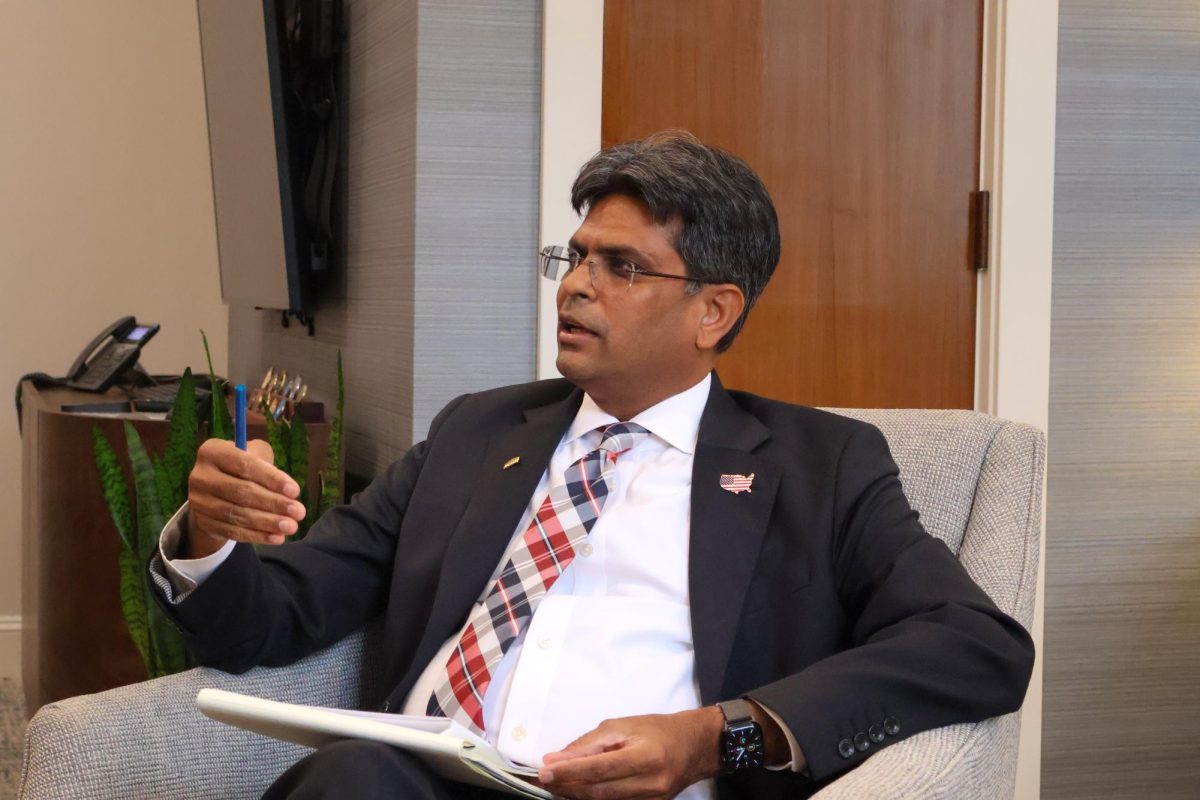
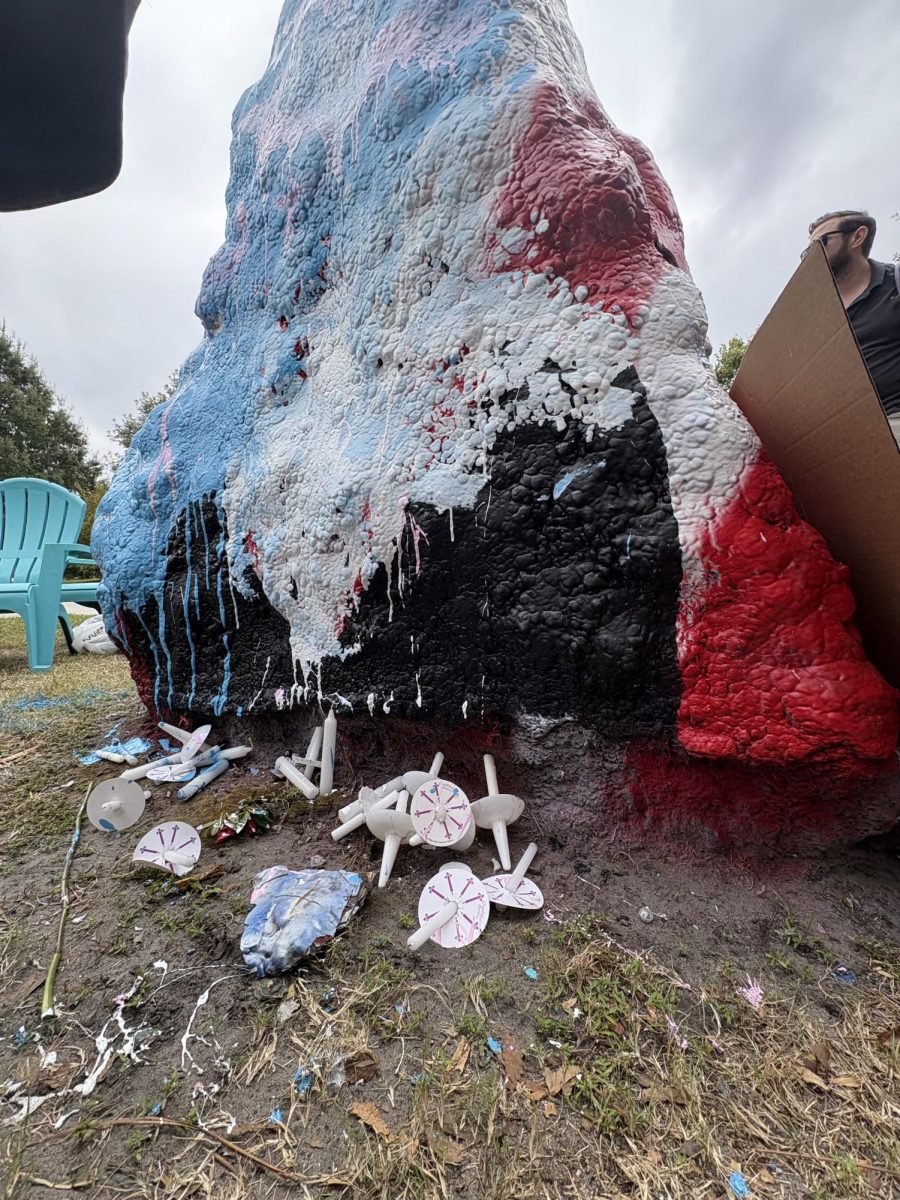
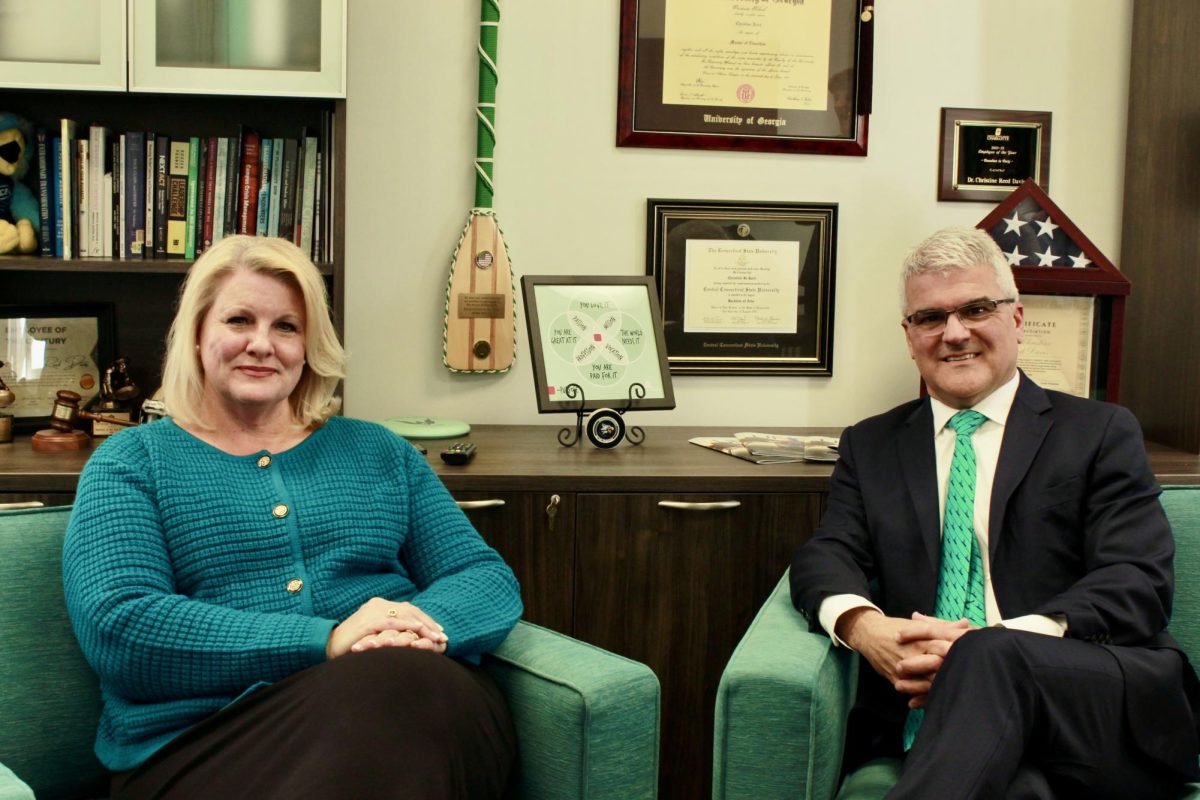




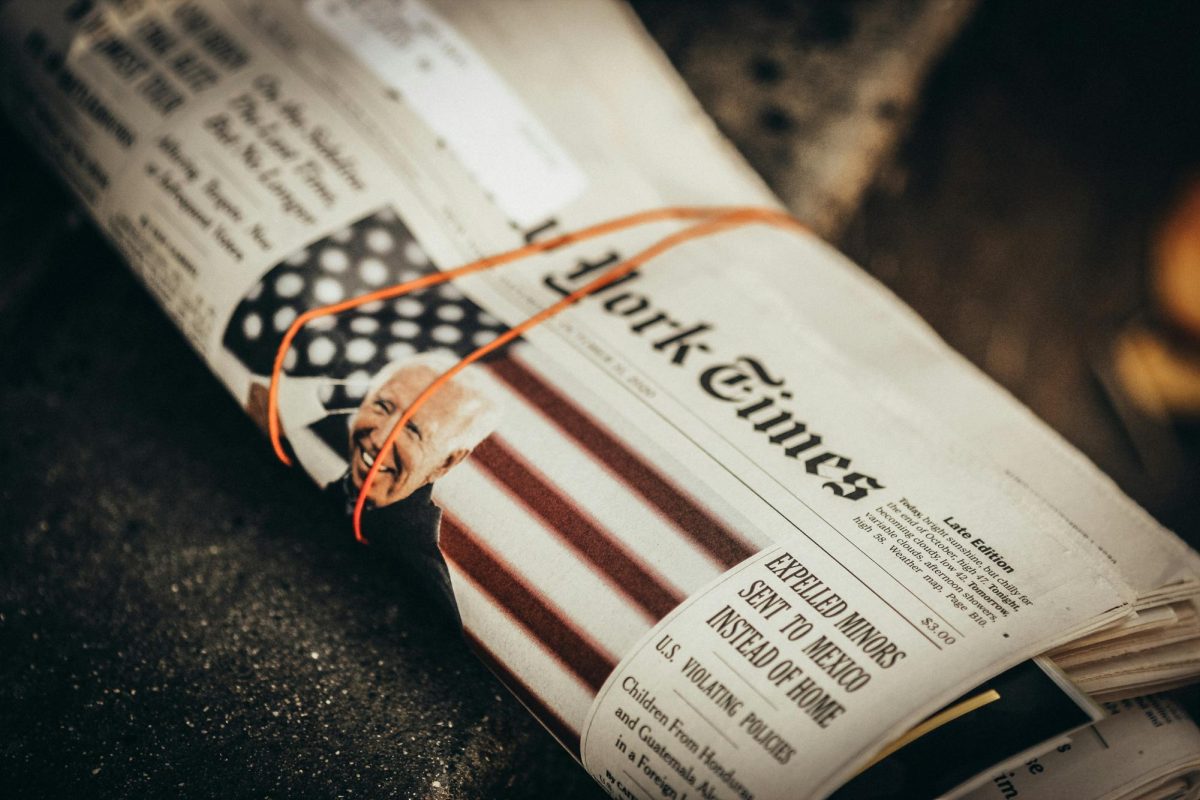
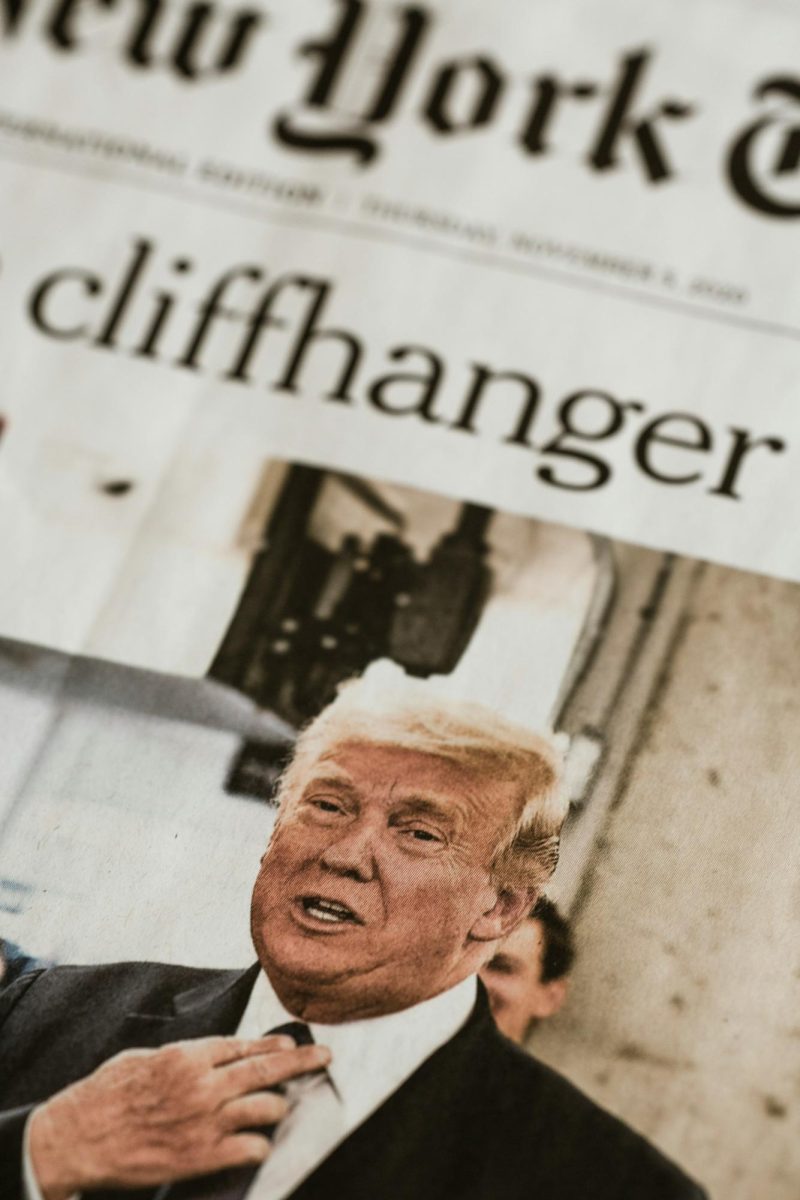
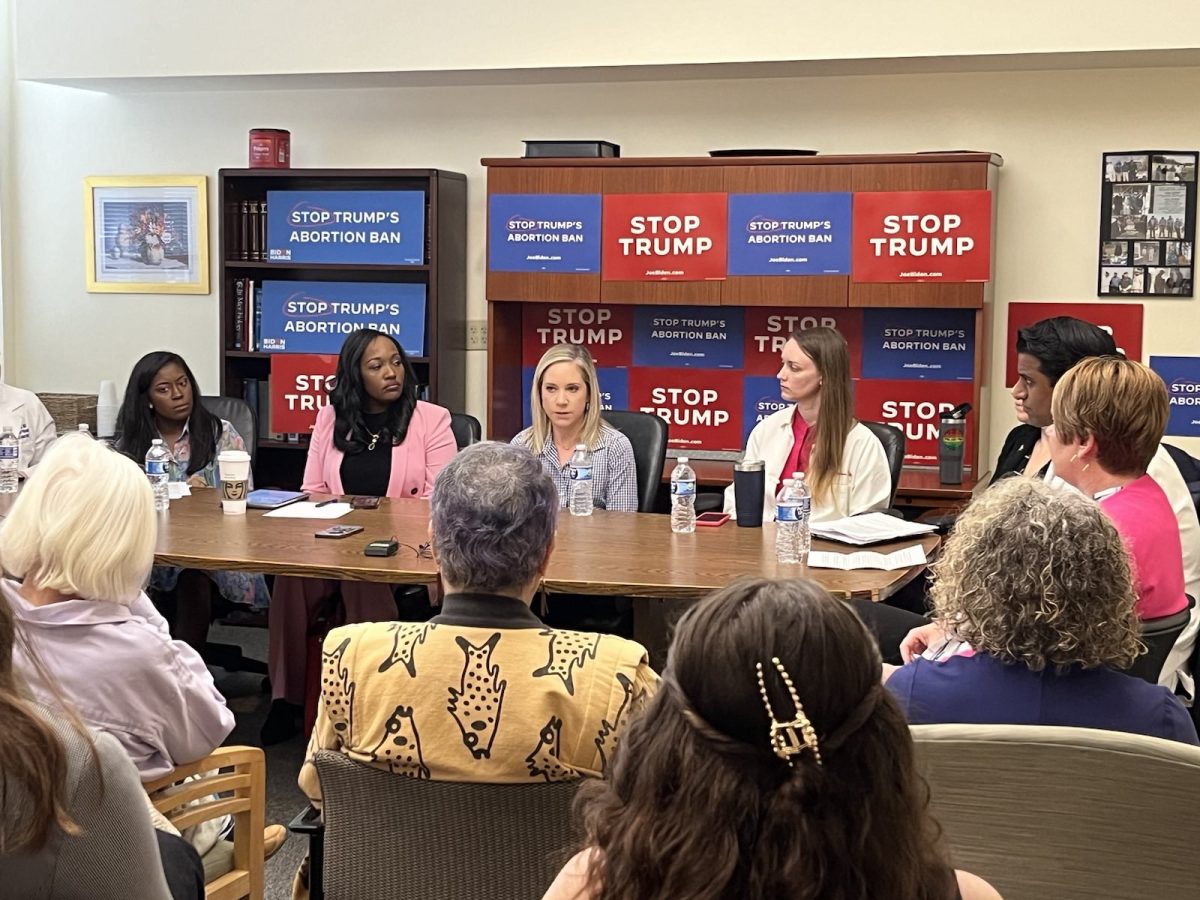

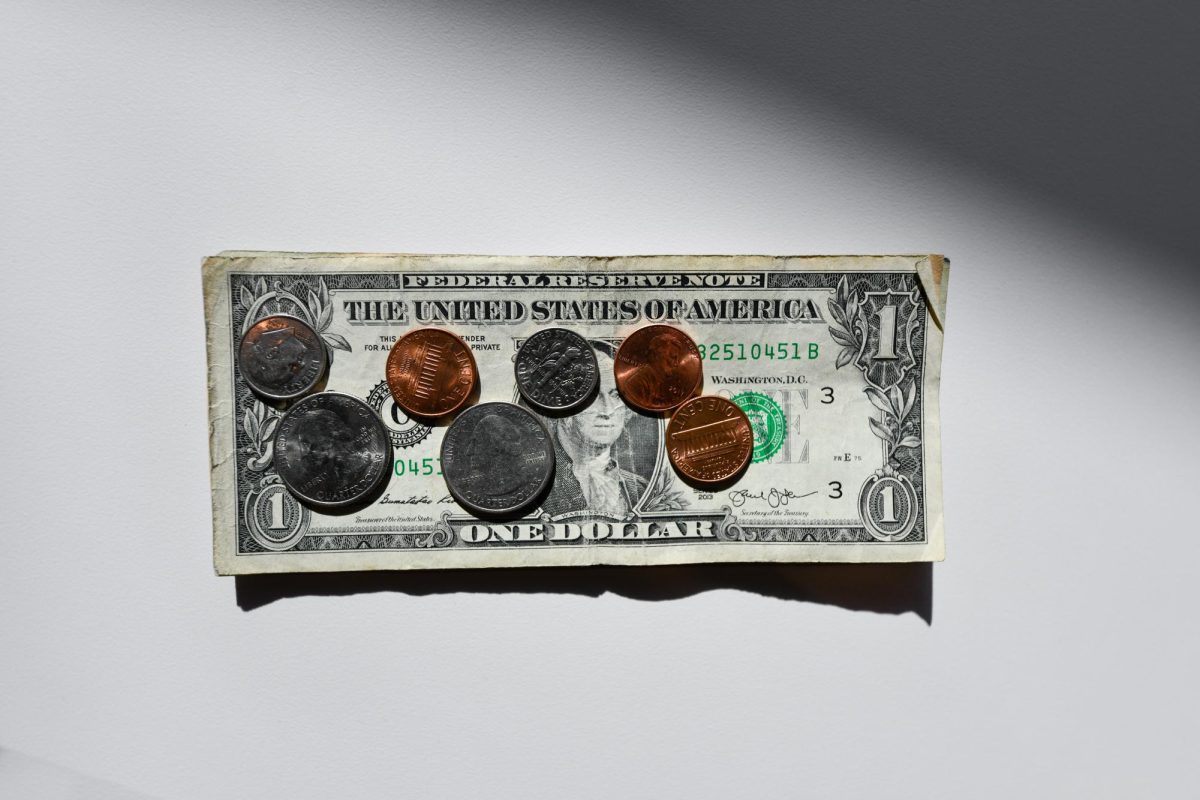



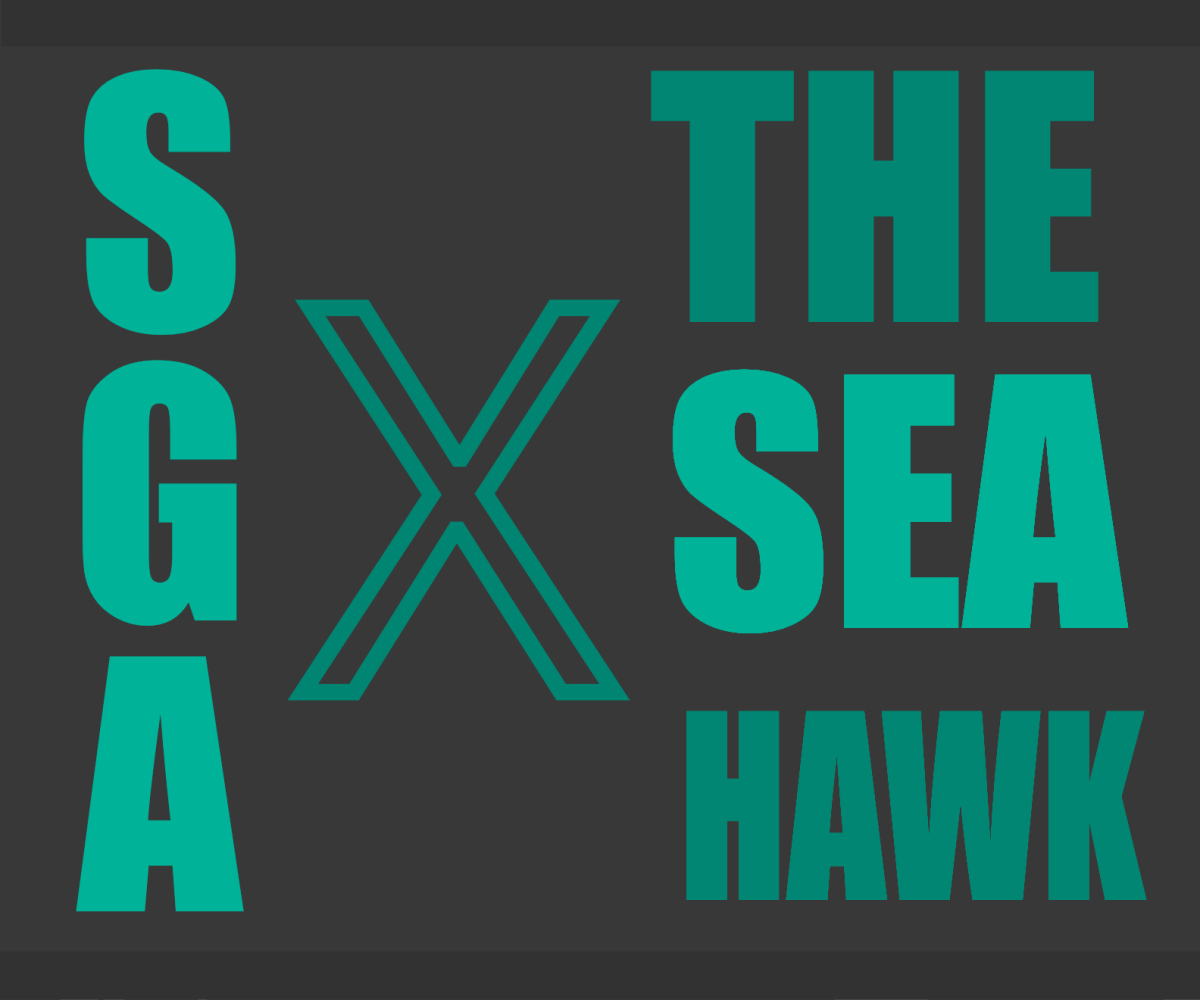
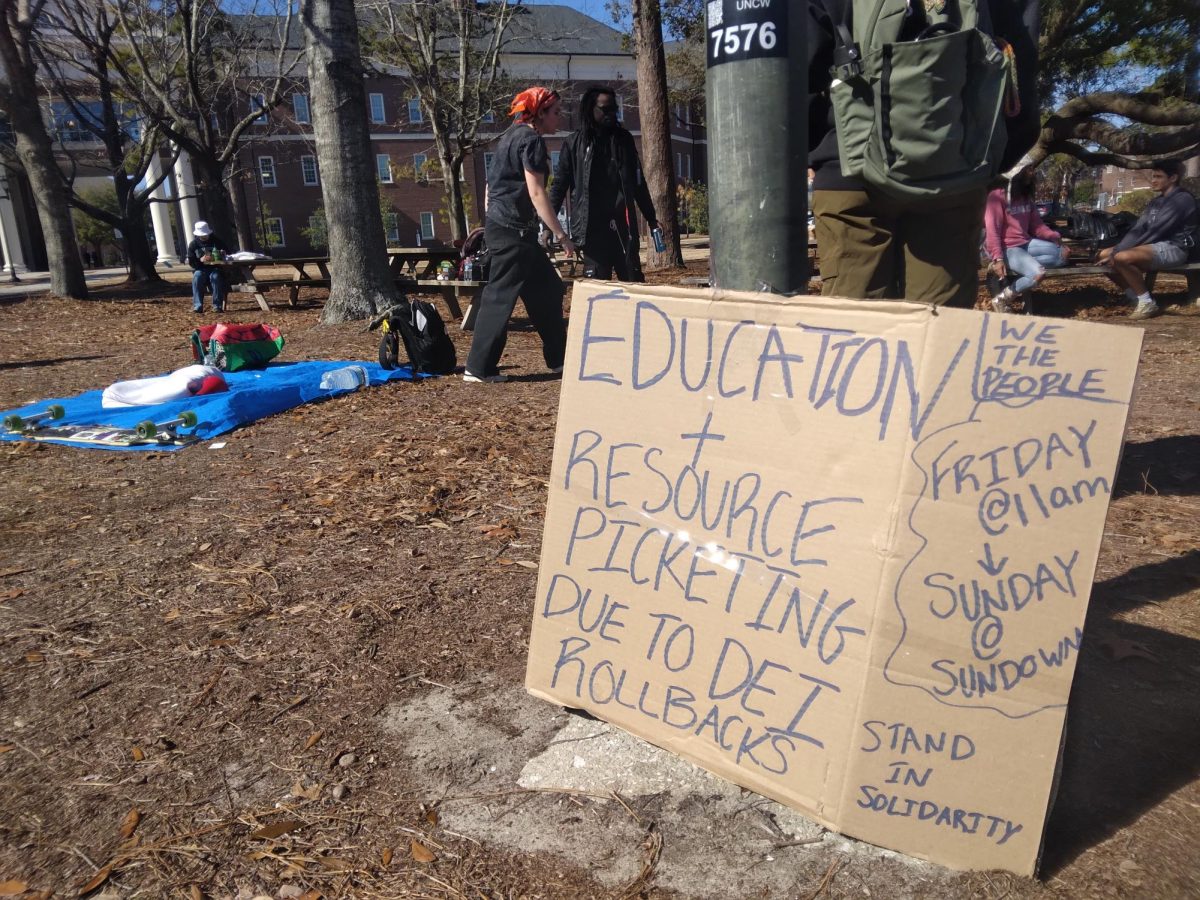

BW • Feb 18, 2025 at 9:52 am
“On Jan. 22 Trump ended the Biden Administration’s Federal Aviation Administration (FAA) hiring policy.”
The policy was enacted by the FAA during Trump’s first term in office. “FAA Provides Aviation Careers to People With Disabilities” was the FAA’s announcement about the hiring policy, made on April 11, 2019. Perhaps Trump (2025) should be upset with Trump (2019), instead?
“While Trump continues to advocate for fair and legal hiring, many may be put on temporary leave during investigations to ensure that their hirings align with Trump’s policy.”
Trump is not advocating for “fair and legal hiring” any more than he is advocating for bean sprouts in his Diet Coke. He is manufacturing scapegoats to evade accountability and he is attempting to install loyalists instead of non-partisan civil service workers. Given the chance, Trump would happily have fired the Tuskeegee Airmen as being part of a DEI program.